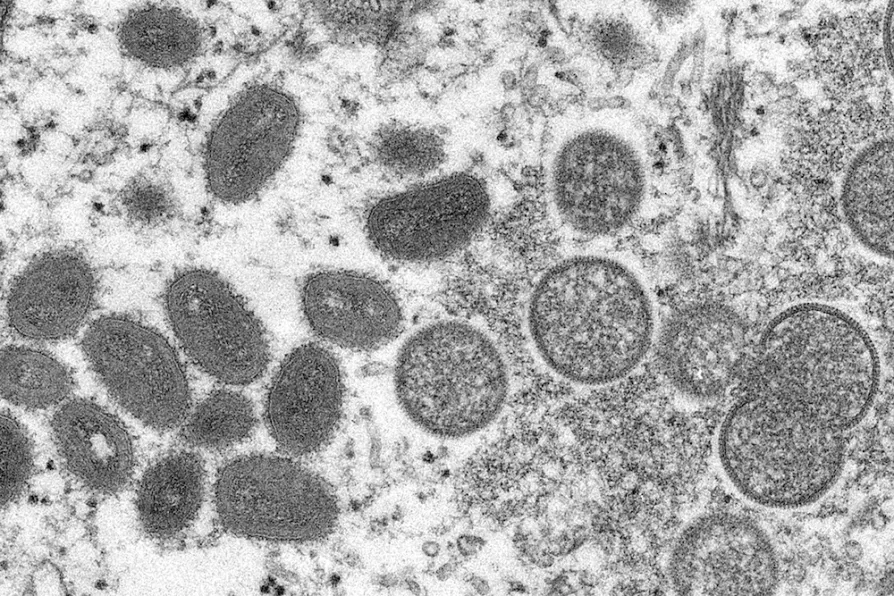John Wojcik pays tribute to a black US activist who spent six decades at the forefront of struggles for voting rights, economic justice and peace – reshaping US politics and inspiring movements worldwide

 An electron microscope image of mature, oval-shaped monkeypox virions
An electron microscope image of mature, oval-shaped monkeypox virions
IF YOU have been following infectious disease news since the Covid-19 pandemic, you may have already seen that Britain has reached over 300 cases of monkeypox. Monkeypox is a disease caused by the monkeypox virus, which belongs to a small family of viruses that also includes smallpox. In fact, monkeypox is so similar to smallpox that it was only recognised as a distinct pathogen after smallpox was eradicated in the 1970s. Smallpox vaccines are often also quite effective at preventing monkeypox.
Other members of the family include horsepox, cowpox, and camelpox — each named for the animal that they were believed to primarily affect. The viruses are transmitted between infected animals, with rodents acting as a reservoir of infection that can reintroduce the virus into other animal populations. Many of these animal poxes are also “zoonoses” (pronounced zoo-no-sees) since human infection with these viruses is possible through contact with an infected animal.
The exception in this virus family was smallpox due to its ability to only infect humans, with frequently debilitating or fatal consequences. Smallpox was eradicated through a considerable worldwide effort using the technique of “ring” vaccination.












![Extinction Rebellion activists protest outside the headquarters of fossil fuel firm Perenco, London, May 29, 2025 [Pic: Will Colebourne]]( https://msd11.gn.apc.org/sites/default/files/styles/low_resolution/public/2025-05/willcolebourne_03.jpeg.webp?itok=LfCbtEi8)